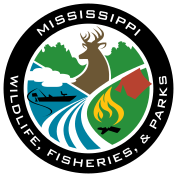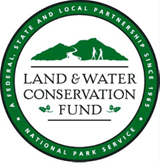
Recreational Trails Program
Program Overview
The Recreational Trails Program (RTP) is an assistance program of the U.S. Department of Transportation's Federal Highway Administration (FHWA). The RTP provides funds to the States to develop and maintain recreational trails and trail-related facilities for motorized and non-motorized recreational trail uses.
The Bipartisan Infrastructure Law of 2021 reauthorized the Recreational Trails Program (RTP) through Federal fiscal years 2022 through 2026 as a set-aside from the Transportation Alternatives Set-Aside under the Surface Transportation Block Grant (STBG).
Each State:
- Receives funds apportioned by statutory formula.
- Administers its own program, usually through a State resource or park agency.
- Develops its own procedures to solicit and select projects for funding.
- Has a State Recreational Trail Advisory Committee to assist with the program that must meet at least one time each fiscal year.
- In some States, the committee selects the projects.
- In others, the committee is advisory only.
Program Manual
The Recreational Trails Program Manual can be viewed as a pdf document at the following link: RTP Manual
